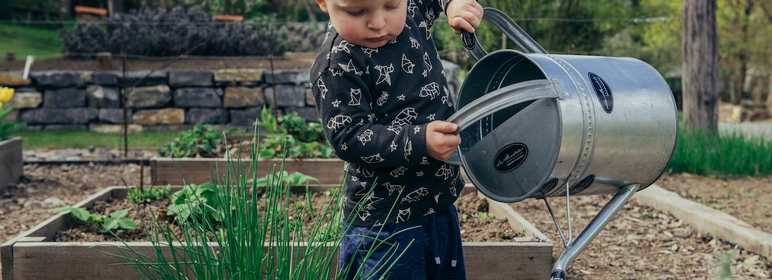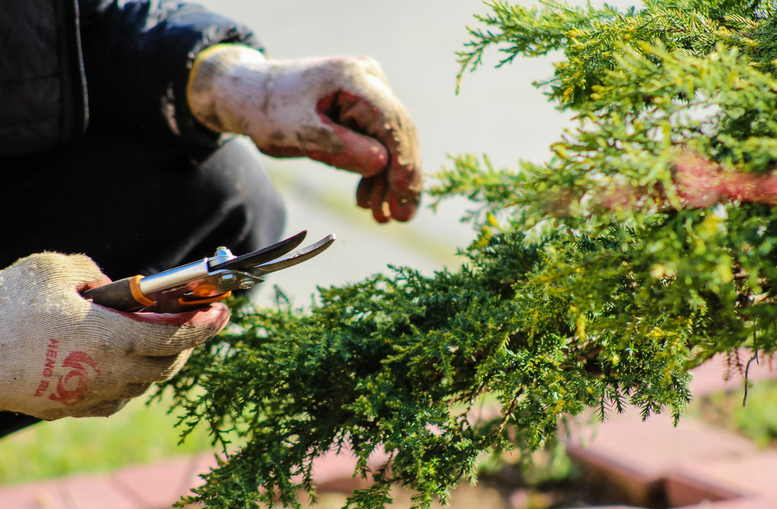Essential Home Gardening Tips for Beginners

Welcome, green thumbs and budding gardeners. Are you ready to dive into the wonderful world of home gardening? Whether you have a sprawling backyard or just a tiny balcony, this blog post is your ultimate guide to mastering the art of growing your oasis. From selecting the perfect plants to nurturing them with care, we’ve got all the essential tips and tricks you need as a beginner gardener. Get ready to dig in and cultivate not only stunning blooms but also a newfound love for nature’s miracles. Let’s get our hands dirty together.
Selecting the Right Plants
The first step to a successful home garden is selecting the right plants based on your local climate, soil conditions, and available sunlight. Different plants thrive in various environments, so it’s crucial to choose species that are well-suited to your region.
Consider factors such as the USDA hardiness zone, soil pH, and the amount of sunlight your garden receives. This thoughtful selection ensures that your plants have the best possible chance of flourishing in their designated space.
Soil Preparation and Nutrient Management

Healthy soil is the cornerstone of a thriving garden. Before planting, assess the composition of your soil and make necessary amendments. Incorporate organic matter like compost to improve soil structure, water retention, and nutrient availability. Regularly test your soil’s pH and nutrient levels to ensure optimal conditions for plant growth.
Understanding the nutrient needs of your chosen plants is crucial for proper fertilization. Whether using organic or synthetic fertilizers, a balanced and measured approach contributes to a nutrient-rich soil environment.
Efficient Watering Techniques
Watering is a fundamental aspect of gardening, and efficient techniques can make a significant difference in plant health and resource conservation. Water your garden in the early morning or late evening to minimize water loss through evaporation.
Utilize drip irrigation systems or soaker hoses to deliver water directly to the plant roots, reducing waste. Be mindful of the specific water needs of different plants and adjust your watering schedule accordingly. Mulching around plants helps retain moisture, suppress weeds, and regulate soil temperature, contributing to water efficiency.
Pest Control Strategies
Pest management is a critical aspect of home gardening, and a proactive approach is key to preventing infestations. Embrace natural predators like ladybugs and predatory insects to control pests organically. Companion planting, where certain plants are grown together to deter pests, is another effective strategy.
Regularly inspect your plants for signs of pests or diseases, and promptly address any issues to prevent their spread. Neem oil, insecticidal soaps, and organic pesticides are viable options for targeted pest control while minimizing harm to beneficial insects.
Regular Maintenance and Pruning

Regular maintenance and pruning are essential for the long-term health and aesthetic appeal of your garden. Remove dead or diseased plant material promptly to prevent the spread of pathogens. Pruning encourages proper air circulation and sunlight penetration, reducing the risk of fungal diseases.
Trim overgrown branches to shape plants and promote a more balanced growth. Deadheading, the removal of spent flowers, encourages continuous blooming in flowering plants. Consistent maintenance not only enhances the overall appearance of your garden but also contributes to the well-being of your plants.
Embarking on a home gardening journey is a fulfilling endeavor that requires a combination of knowledge, dedication, and a deep appreciation for nature. By selecting the right plants, preparing nutrient-rich soil, adopting efficient watering techniques, implementing pest control strategies, and engaging in regular maintenance and pruning, you lay the foundation for a vibrant and thriving home garden.
